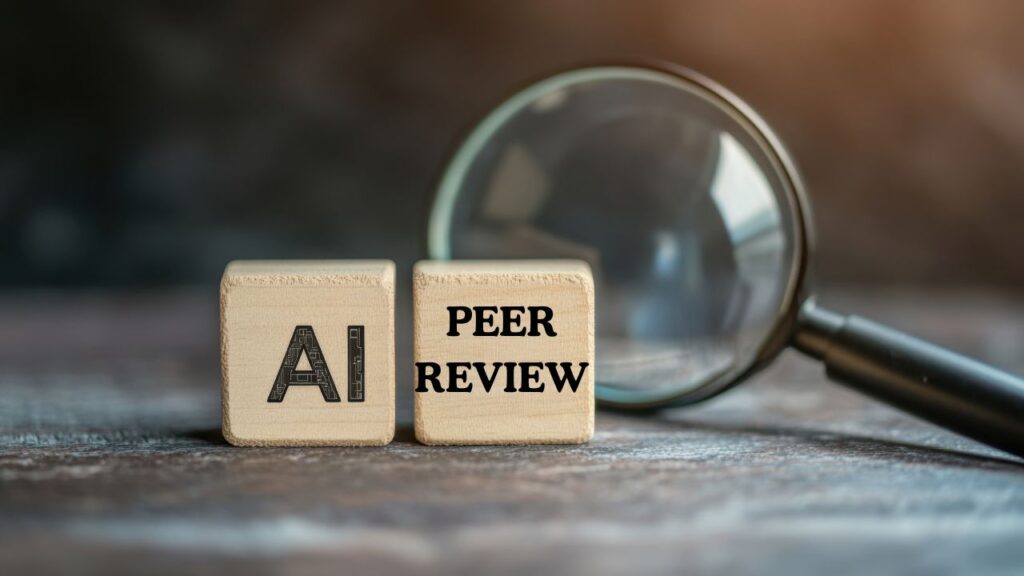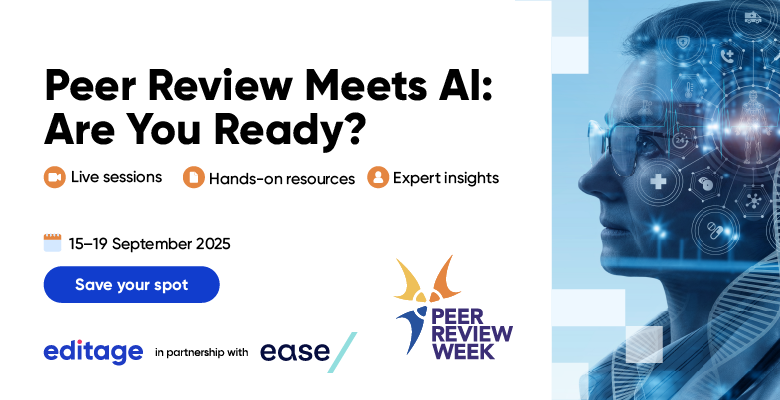Can peer review training foster trust in the research process?

If we consider peer review central to academic publishing, training to become a peer reviewer should be an integral part of researcher learning.
For a moment, I’d like you to imagine two situations.
Situation 1 – You have submitted a manuscript to a journal and you are informed that your manuscript will undergo peer review. The basic expectation you now have is that the editor will select experienced peers to evaluate your manuscript and that you will receive feedback that will help you whet your manuscript into a more solid and better version of itself.
Situation 2 – Let’s go over to the other side now. Imagine that you were a journal editor and received a manuscript that you were interested in publishing. You inform the author that the manuscript will undergo peer review. With a lot of effort you find peer reviewers. You now expect them to provide their expert opinion by pointing out any major problems and help you decide whether the manuscript is fit for publishing.
Conspicuously, one aspect common in both these situations is the trust the author and the editor have in peer review. Most academics agree that peer review is crucial to the progression of science. Constructive peer review can augment the impact a manuscript can have, while also helping journals publish good quality research. A lot, therefore, rests on the quality of peer review.
Challenges in peer review
Over the years, the number of published papers has risen exponentially. According to the report published by the International Association of Scientific, Technical and Medical Publishers, in 2018, over 3 million articles were published.
This, in turn, means a huge influx in journal submissions and, by effect, peer reviews. If a manuscript clears the initial screening, editors look to appoint peer reviewers to evaluate it. Now most journal editors have a pool of experts they reach out to. These experts usually are established researchers with prior engagements, and editors often face the problem of dealing with reviewers’ declination the review requests. Indeed, many reviewers do agree to review, but the question is do they all review the manuscript themselves?
An eLife paper published in October 2019 highlighted the involvement of junior researchers in peer review, often unbeknownst to the editors who worked with the impression that the experts they invited have conducted the peer review. The study based on the survey responses of about 500 researchers brought into limelight the prevalent practice of co-reviewing where a trainee is involved in peer review.
What’s worrying is the fact that about 50% of the survey respondents reported writing peer review reports independently, without the assistance or feedback of their Principal Investigator, and without proper training. This led some academics to question the robustness of academic publications. James L. Sherley, a physician scientist and founder of Massachusetts stem cell biotechnology company Asymmetrex, believes that, “Having inexperienced reviewers usher manuscripts through the essential process of peer review is a disservice to submitting authors.”
Importance of formal peer review training
Stressing on the significance of sound publications, James L. Sherley, points out that journal publications are “major forces in determining academic career success, supporting the livelihoods of researchers, influencing government policy, furthering research funding, advancing scientific and medical progress, and supporting the academic enterprise.” He, therefore, believes that peer review training should be provided “in the course of an academic career by attention to it at every stage of training.”
The fact is that most researchers receive no formal training to become a peer reviewer. “Few researchers have received peer-review training, despite being called upon to review hundreds, if not thousands, of papers throughout their career,” says Jo Wilkinson, head of communications at Publons – a New Zealand–based company that focuses on reviewer recognition. He adds that some researchers may lack the skills needed to become an effective referee, and in such cases peer review training can play an important role.
Professional support and formal training to conduct peer review
Most researchers gain experience as a peer reviewer when they start reviewing papers themselves. In the absence of formal training, the most common sources of support to them are their supervisors and journal editors. In a white paper published by Taylor and Francis in 2015 about the perspectives of academics toward peer review, 60% of the 6,300 authors they surveyed said “they would like the option to attend a workshop or formal training on peer reviewing.”
For early career researchers, peer reviewing offers an opportunity to showcase their knowledge. Being identified as a peer reviewer amounts to being accepted as an expert in the field, and this can add significant value to an early career researcher’s resume and reputation. However, the quality of peer review can have an impact of the trust that journal editors put in a researcher’s work and on the publications as well, and getting formal training can play a critical role in this regard.
Several organizations offer peer review training, including R Upskill, which hosts the largest collection of learning programs for researchers. R Upskill’s How to become a great peer reviewer! (Basic and Advanced training) is a comprehensive training program designed with the collective expertise of three accomplished peer reviewers. Both early career researchers and experienced reviewers will find value in the in-depth lectures, insightful discussions, and regular assessments this training program includes.
Peer review is an integral part of research process. While it is not free of loopholes, it is still valued by the scientific community. To boost the trust placed in the process and to create a more robust review system, it is vital to address the training requirement of peer reviewers and make it an integral part of researcher learning.
Visit the R Upskill platform today to know how you can develop you career holistically
References:
- Early-career researchers commonly ghostwrite peer reviews. That’s a problem
- How to Make Scientists into Better Peer Reviewers
- Recognizing the role of Early Career Researchers in Peer Review
- Peer review ghost-writing, or do professors understand plagiarism?
- Opinion: Exorcising Ghostwriting from Peer Review
- Peer review: acknowledging its value and recognising the reviewers
- If we want to improve peer review, we’ll need to invest in training



